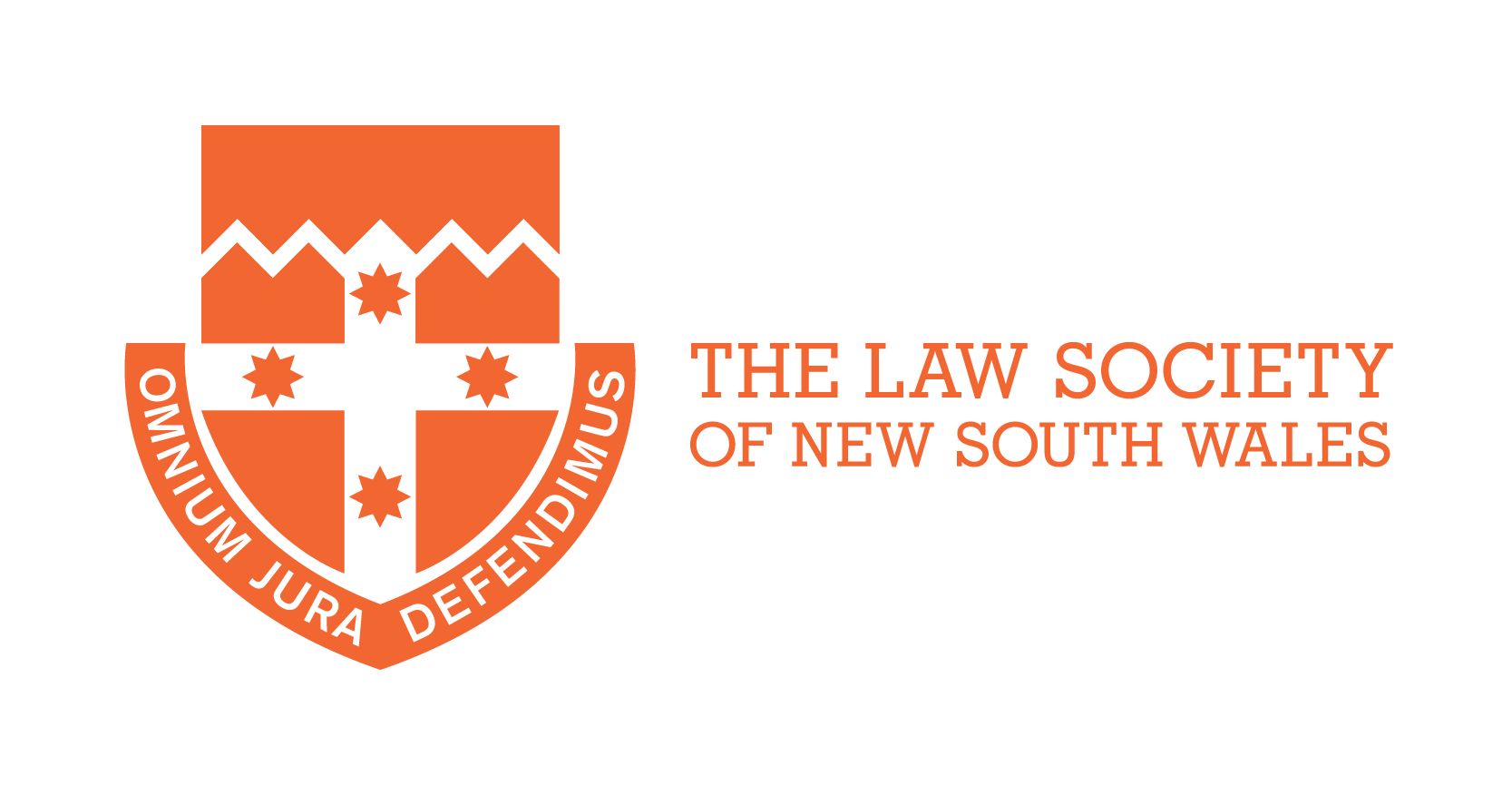

This week, we expect the Senate Standing Committee on Legal and Constitutional Affairs to finalise the report on its Inquiry into the Anti-Money Laundering and Counter-Terrorism (AML/CTF) Bill.
In that report, we’ll learn whether the Standing Committee was persuaded by the strong evidence from both the Law Society of NSW and the Law Council of Australia, including the in-person appearance at the Inquiry of the LCA’s President-elect and Chair of its AML/CTF Working Group, Juliana Warner, with LCA colleagues.
You can find our submission to the Inquiry here and the LCA’s submission here. The LCA also provided the Committee with the 64-page report, Lawyer Regulation in Australia, an overview of the comprehensive regulation which already governs lawyers and how we practise.
The LCA makes the point that this regulatory framework, which includes our paramount duty to the court, and duties of honesty and integrity, substantially reduces the “residual risk” of money-laundering in our profession.
As LCA President Greg McIntyre said in his recent media release, “We support efforts to prevent financial crime, deprive terrorist groups of income sources, and to ensure Australia meets the standards it has committed to as a member of the Financial Action Task Force.” However, the potential compliance burden under the Bill as it stands (with the Rules yet to be developed) presents what our submission describes as a “large risk that a significant number of legal practices will prematurely determine that the cost of compliance … is unsustainable.”
Considering more than 60 per cent of private practices in NSW are sole practices, and nearly 90 per cent have a sole principal, the access to justice impact could be significant, particularly for people in rural, regional, and remote communities, unless the compliance requirements of the regime are clarified and targeted. Likewise, dilution of client legal privilege risks eroding a bedrock principle underlying the rule of law.
The Law Society has been working hard, not only to encourage the Government to make sure that the final form of the regime does not duplicate existing regulatory requirements, but also to ensure that solicitors are properly equipped to meet the challenge of the incoming regime, whatever final shape it takes.
On Wednesday, we are offering the first of a two-part series of panel discussions on the new AML/CTF landscape. These two webinars are complimentary to the entire profession and will be valuable for early career lawyers, staff who will need to engage with the day-to-day management of AML/CTF compliance, as well as senior lawyers and principal practitioners.
The panel, made up of Amy Bell from AML Sorted, barrister Gary Hughes of Britomart Chambers, and Jeremy Moller, Senior Advisor in Risk Advisory at Norton Rose Fulbright Australia, will discuss upcoming AML/CTF reforms in Australia, as well as experiences and lessons from AML regimes in the United Kingdom and New Zealand.
I urge all solicitors who may be impacted by these reforms to register for the webinars here.
Brett McGrath, President, Law Society of NSW






